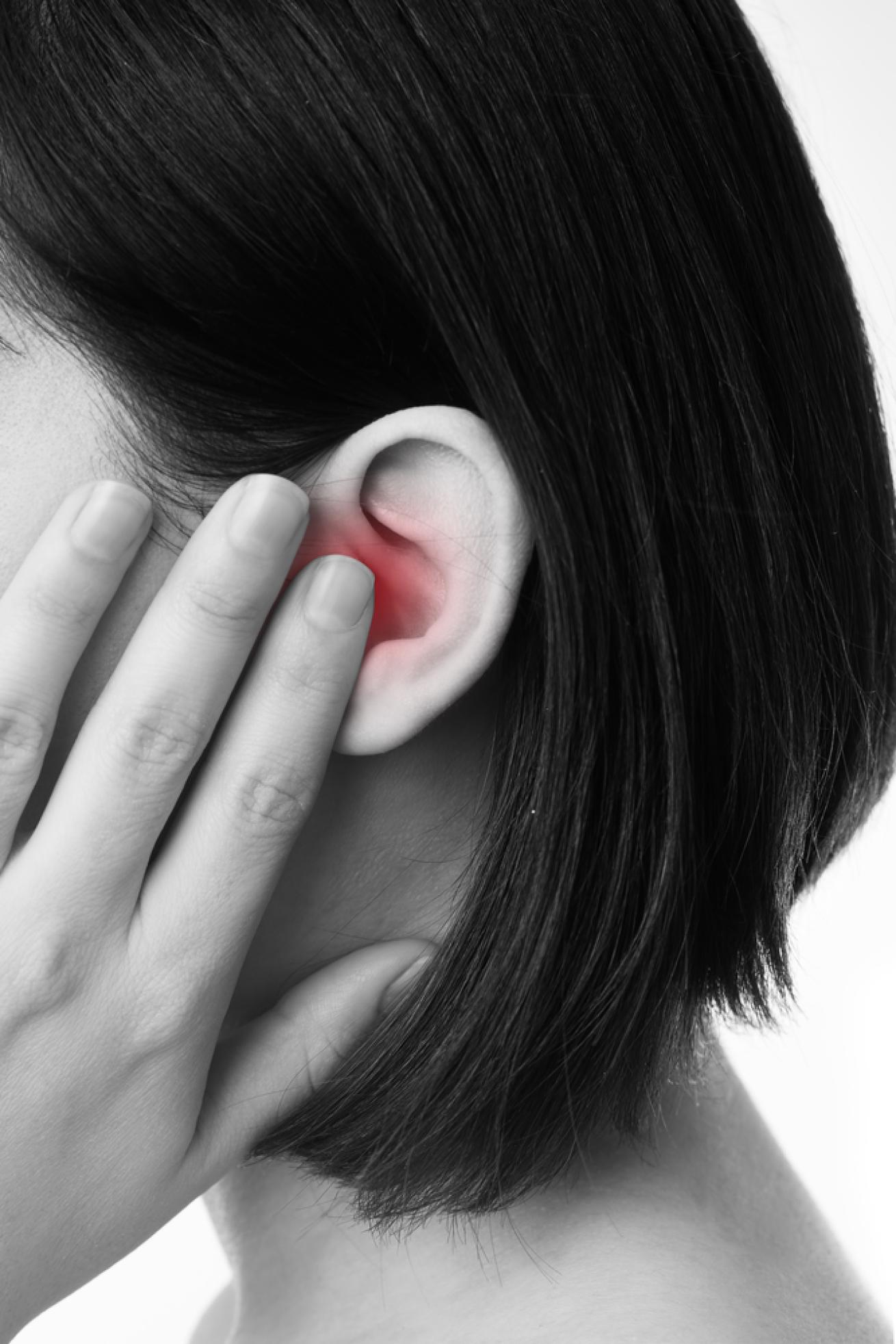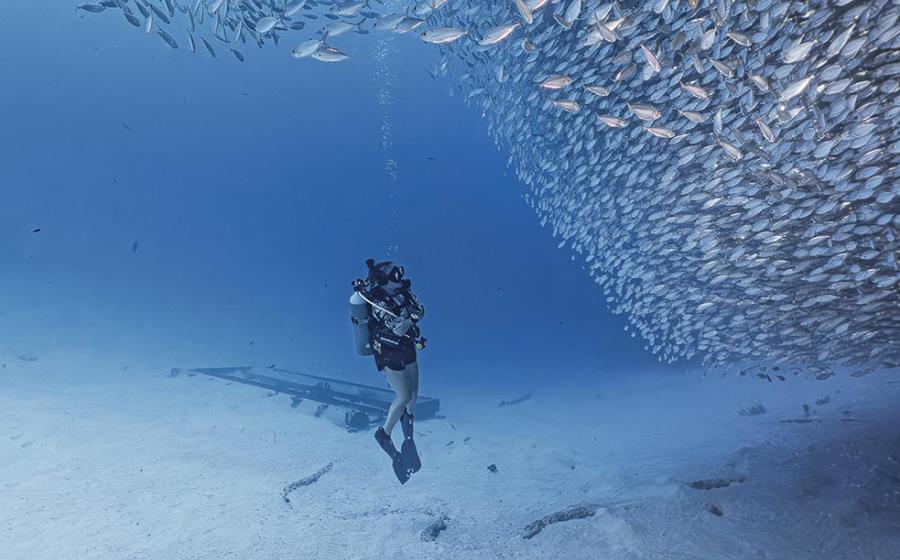Scuba Diving Doctor: Why Are My Ears "Full" After Diving?

Scuba's Diving Doctor explains ear fullness and how post-care tips.
Shutterstock
Question: My ears are always "full" after a dive. Do you have some tips for post-dive care?
Answer: Perhaps second only to the lungs, the ears are extremely important organs when it comes to diving. The inability to equalize pressure between the middle ear and the environment will keep you on the surface every time. Because the outer ear is exposed to the environment, infections are quite common.
The usual reason for ear “fullness” after a dive is inadequate pressure equalization during the dive. You might be equalizing enough to make it through the dive, but the eardrum might be undergoing mild trauma that will persist as pain or fullness after surfacing. The best way to keep your tympanic membranes happy is to begin gentle equalizing maneuvers immediately after leaving the surface, and clear regularly and frequently during a slow, gradual descent. It’s a good idea to begin equalizing on the surface and assessing if all feels well, even before experiencing any pressure changes. Taking over-the-counter decongestants prior to the dive has been shown to be effective.
Infection is another major issue. Certain bacteria thrive in wet environments and can cause a serious and painful infection known as otitis externa. Antibiotic drops and abstinence from diving are required once infection is present. Prevention includes good ear hygiene such as avoiding any scratches or other breaks in the skin surface lining the ear canal (earplugs and cotton swabs frequently cause trauma). The use of weak acetic acid (vinegar) solutions before and after diving might decrease the risk of infections by eliminating the bacteria and drying the canal.
James L. Caruso is a 30-year veteran of the U.S. Navy, serving as ship’s doctor, undersea medical officer and flight surgeon. His experience includes a fellowship in Diving and Hyperbaric Medicine at Duke University Medical Center; today he is Denver's chief medical examiner.

ShutterstockScuba's Diving Doctor explains ear fullness and how post-care tips.
Question: My ears are always "full" after a dive. Do you have some tips for post-dive care?
Answer: Perhaps second only to the lungs, the ears are extremely important organs when it comes to diving. The inability to equalize pressure between the middle ear and the environment will keep you on the surface every time. Because the outer ear is exposed to the environment, infections are quite common.
The usual reason for ear “fullness” after a dive is inadequate pressure equalization during the dive. You might be equalizing enough to make it through the dive, but the eardrum might be undergoing mild trauma that will persist as pain or fullness after surfacing. The best way to keep your tympanic membranes happy is to begin gentle equalizing maneuvers immediately after leaving the surface, and clear regularly and frequently during a slow, gradual descent. It’s a good idea to begin equalizing on the surface and assessing if all feels well, even before experiencing any pressure changes. Taking over-the-counter decongestants prior to the dive has been shown to be effective.
Infection is another major issue. Certain bacteria thrive in wet environments and can cause a serious and painful infection known as otitis externa. Antibiotic drops and abstinence from diving are required once infection is present. Prevention includes good ear hygiene such as avoiding any scratches or other breaks in the skin surface lining the ear canal (earplugs and cotton swabs frequently cause trauma). The use of weak acetic acid (vinegar) solutions before and after diving might decrease the risk of infections by eliminating the bacteria and drying the canal.
James L. Caruso is a 30-year veteran of the U.S. Navy, serving as ship’s doctor, undersea medical officer and flight surgeon. His experience includes a fellowship in Diving and Hyperbaric Medicine at Duke University Medical Center; today he is Denver's chief medical examiner.










